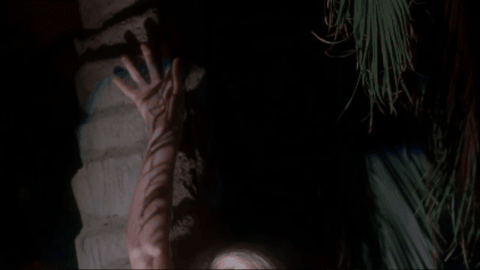GMMichael
Guide of Modos
"Progress" points is what I like to call them. Which is actually a more accurate name for hit points, based on how they're usually treated.But if you want a more complex social mechanic it isn't hard to dream one up. Pemerton's example from Prince Valiant has one that works just like combat - a pool of hit points (social points?) that get worn away. It is possible to have something where the participants use different tactics to achieve different goals; say befriending, embarrassing someone or just trying to score points in front of an audience. I recently dreamed up something like this for my HERO game; and all based on opposed skill rolls.
I don't know the Fate system, how do Aspects work?
An Aspect is a word or phrase that has something to do with your character. Simple as that. When one applies to a roll you're about to make, you get +2 on the result. I think. I haven't played Fate for as long as I can remember.
That's...just...wrong. Unless: magic.I did play a bard in Dungeon World. . . He was also the character with the highest armor rating, being better defended than the group's paladin.
This begs the question: IS the 5e bard actually a bard? Or just a cleric who has a musical instrument? Did 5e save the bard by putting the real bard out of his misery?Bards in 5E really do nicely as 2/3 face-man, 2/3 cleric, and 1/3 combattant. (Yes, I know that totals 5/3, but only if you don't allow overlaps. And the overlaps matter.)
Several of my parties preferred a bard to a cleric. Not that they'd turn one away, but they want the bard.






